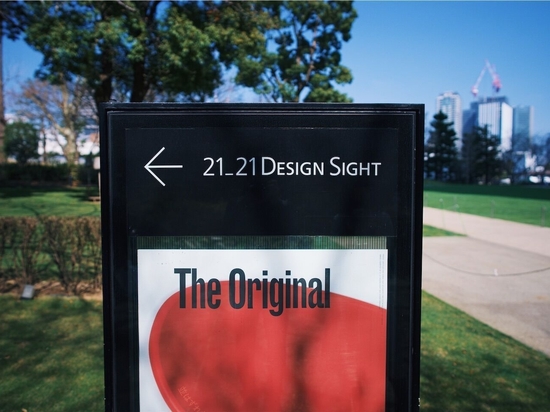
#Industry News
What Is Good Voice?
Why we don’t like our own recorded voice
Have you ever heard your recorded voice? How do you like it? Don’t worry. You’re not the only one. I know most of us really don’t like our own recorded voice. As evidence of that, if you put the words “own voice” in the Google search box in Japanese, the top co-occurrence word is “ugly.” Me? Of course, I hate my recorded voice and always wish my voice sounded like Don LaFontaine, the legendary movie trailer voice actor. Indeed, visual information is more influential than vocal information according to Mehrabian’s law, of which ratio is said to be 55 to 38. Don’t you think voice is unexpectedly important?
Vocaloid may take the place of human singers in the future
Vocaloid is a coin word made by combining vocal and android. Originally Vocaloid was the name of speech synthesizers developed in around 2000, but now it is more regarded as a music genre where not actual human beings but virtual singers perform. It was in 2007 that history changed by the release of Vocaloid, “Miku Hatsune.” Since then, many people have made the virtual singer Miku sing the songs they composed, and shared the music videos on YouTube, etc. Many Japanese people can distinguish Miku’s synthetic voice and wouldn’t be happy at all if her voice changed.
Miku is a virtual singer, but her presence is not limited only in videos. Her concert named “Hatsune Miku Expo” (see below) has taken place all over the world every year since 2014. Some years ago, I went to her concert on the invitation of the company developing Miku. On the stage, there was Miku’s hologram with some actual humans playing the guitar, bass, and drum. It was fun! Now, Miku becomes so popular that her visual characters have been spread everywhere independently from her Vocaloid functions. By the way, do you know why I’ve been writing about Miku so enthusiastically here? Off the record, there’s a plan to collaborate with Miku. Collaboration between wooden furniture and a virtual pop star sounds interesting, doesn’t it?





